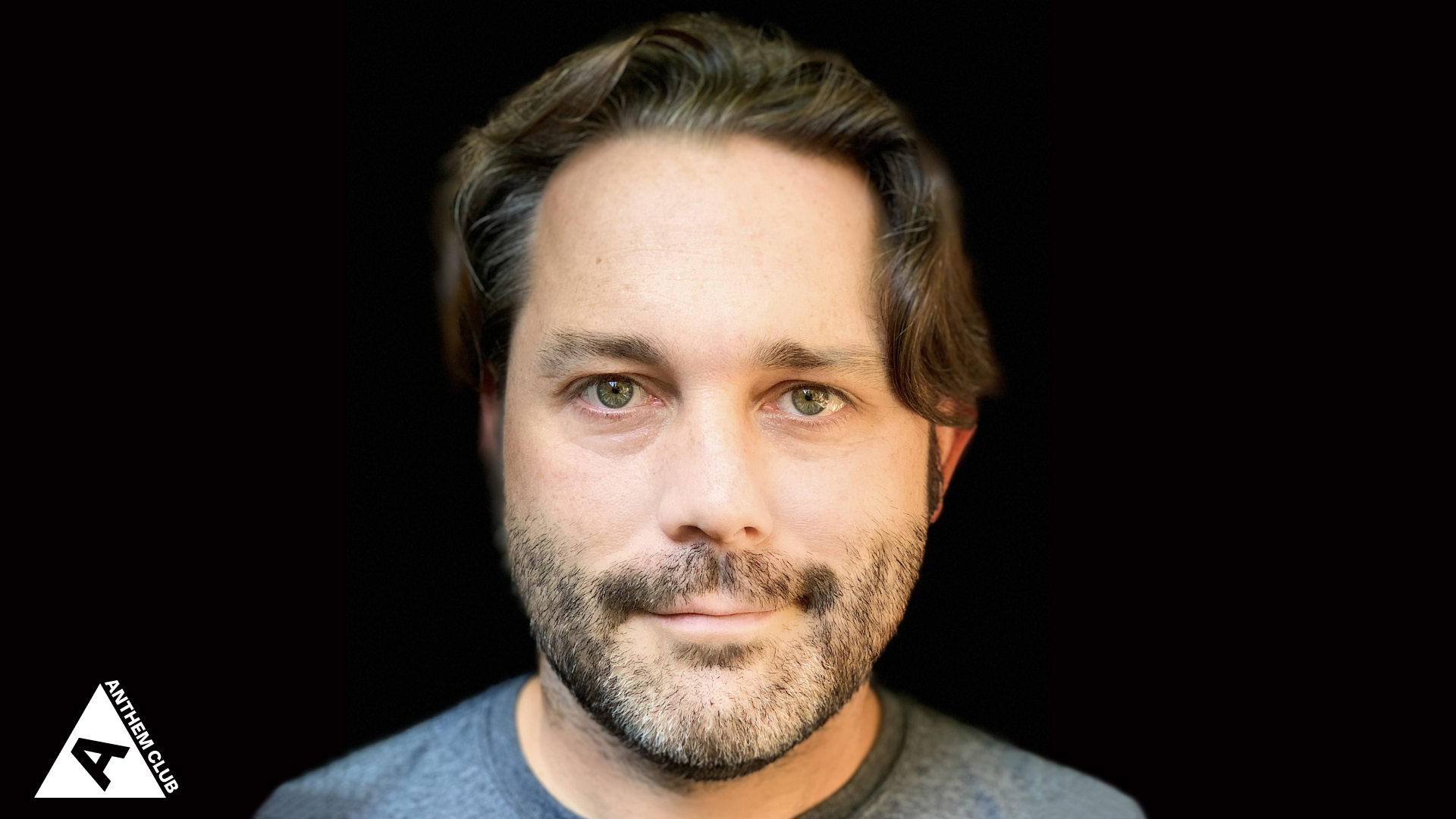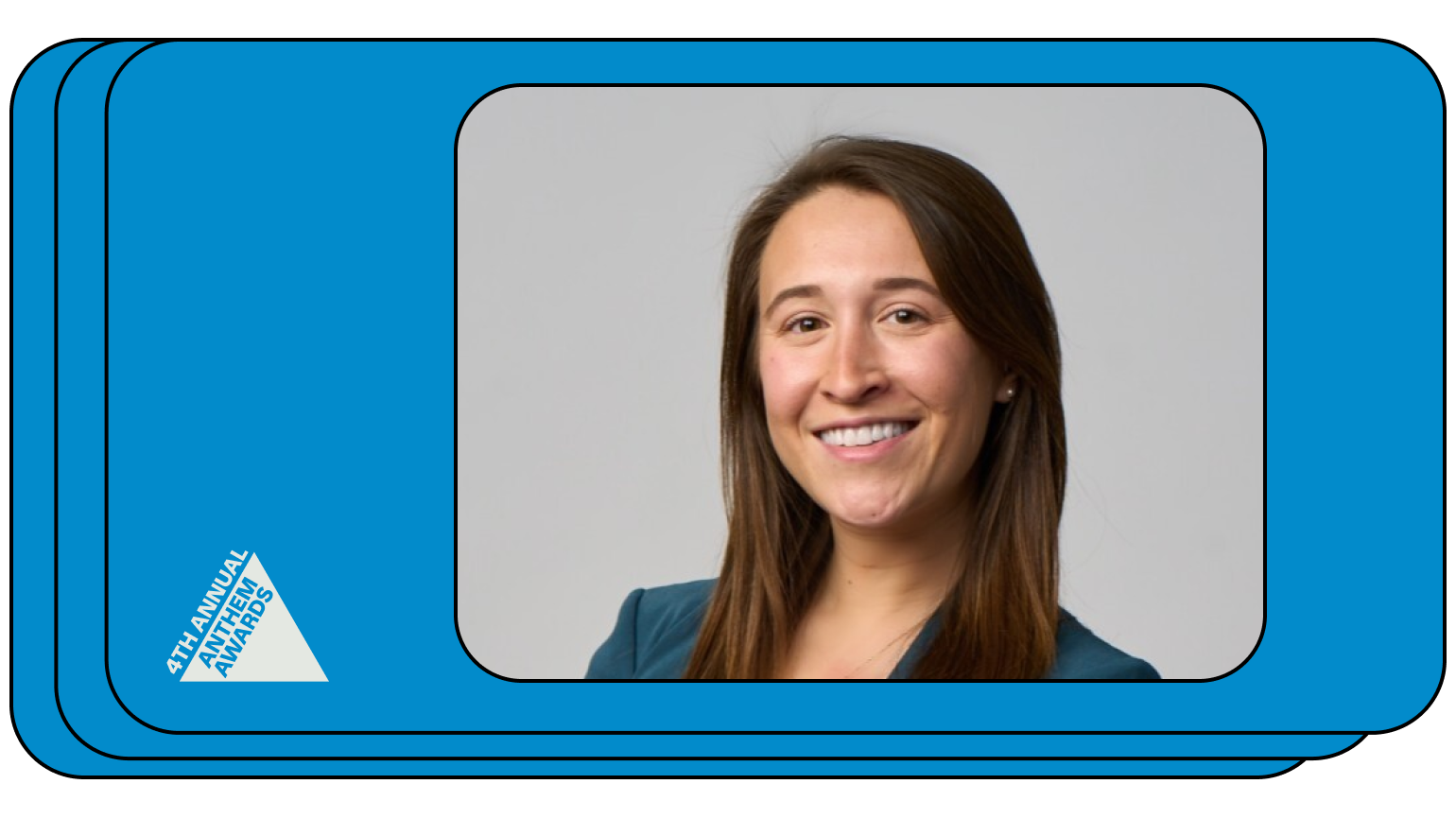Anthem Club: Justin Hendrix, CEO, Tech Policy Press
The Anthem Club is a professional networking and convening space for folks who work in the social impact community. Held by humans across non-profits and digital organizing, as well as journalists, documentary filmmakers, creatives and marketers, the Anthem Club is a digital and offline squad that comes together to share what’s working on the ground and inspire each other to build new dynamics for a better future.

Justin Hendrix is the CEO of Tech Policy Press
Was there a moment in your life when you knew you wanted to pursue a career in social impact work?
I left the private sector and joined the university in 2012, after a dozen years in the media industry. The role I took was running a consortium of universities and media companies that was started by the City of New York through its economic development arm. The goal for it was to advance research, entrepreneurship and talent development to create new technologies and opportunities for New Yorkers. This role gave me a great perch to look at our media and technology ecosystem across a variety of fields and disciplines. As the decade progressed, some of the profound problems in that ecosystem became apparent to me. I started teaching a graduate course called Tech, Media and Democracy with a handful of other faculty at NYU, Columbia, CUNY, Cornell Tech and The New School. This put me even closer to the scholarship and study of developments at that intersection. I decided I wanted to pursue these problems full time, so with my cofounder Bryan Jones I launched Tech Policy Press, a nonprofit media and community venture intended to provoke debate and discussion at the intersection of technology and democracy, in 2020. We are focused on driving discussion and expanding the discourse to include new voices to shape technology policy. Tech policy affects everyone- it affects our politics, our economy, how we live and work.
What was your first job in social impact?
My first job in social impact was a manager of programs for the Institute for Advanced Learning and Research in Danville, Virginia, where I grew up. This job was focused on trying to figure out ways to connect local industry- in a struggling, largely rural economy- with university research and development. The goal was to try to create fresh value that could help a very economically depressed part of the country create jobs. It was eye opening for me to see the structural challenges in the economy, and how decisions taken years- even decades- ago had impacted the region and people in it. Those economic decisions shaped everything- people’s family life, health, and politics.
What advice would you give to young people who would like to pursue a career in social impact?
We really only live once. In the long run, we are all dead, as Keynes put it. If you see a problem in the world that you believe you can help to solve- even if only partially- the time is now to go for it.
What is the role or project you have been a part of that you are most proud of?
Recently I’ve played a role in helping advance our understanding of the January 6 insurrection at the US Capitol, including the role that social media, media and political elites played creating the conditions for violence to occur at the heart of our democratic processes. Some of that work was submitted as evidence in the second impeachment trial of former President Donald Trump, specifically work that showed how his words at the rally at the Ellipse before the insurrection helped to incite the crowd. A clearinghouse of information I have helped to produce is being archived by the Library of Congress. I hope to continue to make more impact in contributing to our understanding of the various political, social, media and technological influences that made that white supremacist attack on democracy possible, and sustain its motivations to this day.
What is your dream social impact project?
A lot of the work I am doing right now focuses on the intersection of media, technology and disinformation. I believe we are on the verge of a period where various computational techniques will combine with the motivations of authoritarians- both here and abroad- to create a very challenging and treacherous information ecosystem. My dream project looks at this problem from a wide variety of angles and helps our institutions- government, civil society, and journalism- build the tools and networks to combat it.
What is your favorite past or present campaign or piece of work (i.e. book, film etc)
There are so many, I don’t know where to start. But something I just watched was The Summer of Soul, Questlove’s documentary about the 1969 Harlem Cultural Festival that weaves together a stunningly incredible musical event with the history of the times and the experience of Black people in America. There are so many moments in it that are incredible, but one particular performance that pairs a young Mavis Staples and Mahalia Jackson should be in the Smithsonian as one of the most incredible artifacts of our entire nation’s history. I really recommend this film!








